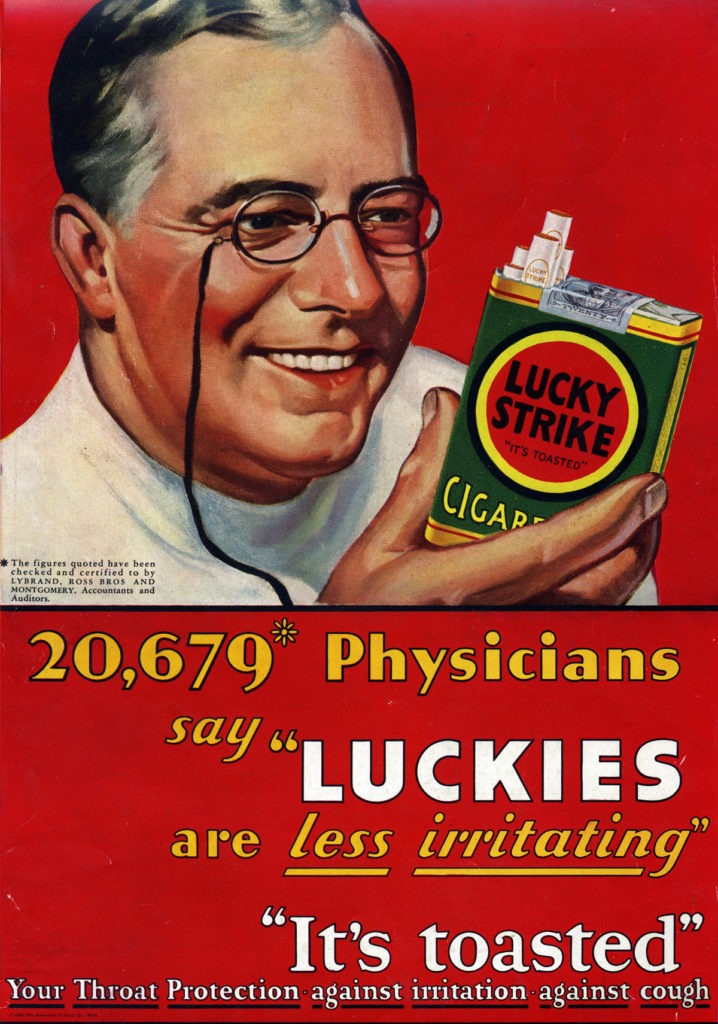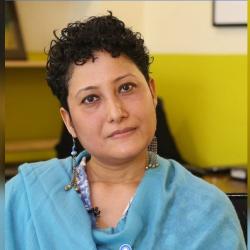The mid-20th century in America was a time when smoking was as normal and ubiquitous as eating. Picture this: in 1956, the average American smoked about 4,000 cigarettes a year. That’s a half-pack a day, for everyone—men, women, and even some children were all puffing away, encouraged by a relentless media, celebrities, and even health professionals. Fast forward to 2019, and while smoking rates have plummeted, a new health crisis has taken its place—our diet.
Today, the leading cause of death and disability in the United States is not smoking; it's what we eat. The Global Burden of Disease Study, funded by the Bill and Melinda Gates Foundation, identifies poor diet as the #1 cause of death in the U.S., surpassing smoking, which now ranks second. While smoking kills about half a million Americans annually, the modern American diet claims even more lives.
The Era of Smoking: A Cultural Norm
In the 1950s, smoking was not just a habit; it was a cultural norm, deeply ingrained in the fabric of everyday life. Advertisements featured beloved figures like Santa Claus and John Wayne, all with a cigarette in hand. Smoking was portrayed as not only harmless but beneficial—something that could help you stay slim, soothe your throat, and even prevent illness. The idea of moderation was championed by both the tobacco industry and health professionals alike. The American Medical Association (AMA), after receiving significant funding from the tobacco industry, hesitated to endorse the Surgeon General's report on the dangers of smoking.
The messaging was clear: smoking was safe as long as it was done in moderation. And why not? After all, many doctors themselves smoked, and hospitals were filled with cigarette smoke.
The Modern-Day Equivalent: Our Diet
Now, let’s transpose this to our present-day eating habits. The Standard American Diet (SAD), rich in processed foods, added sugars, and unhealthy fats, is the modern equivalent of 1950s smoking. Just as smoking was ubiquitous and socially accepted, so too is the way we eat today. Fast food, sugary drinks, and processed snacks dominate our diets, often starting from childhood. These foods are not just a staple in homes but are also what is served in hospitals, a place where one would expect health and wellness to be prioritized.
Despite the overwhelming evidence linking poor diet to heart disease, diabetes, obesity, and various cancers, the message from many health professionals remains muted. Like the doctors of the 1950s who smoked, many of today’s doctors still consume the very foods contributing to the current health crisis. The mantra of "everything in moderation" persists, echoing the flawed thinking of the past.
The Disconnect Between Science and Practice
The disconnect between the science and the practice of medicine is striking. With diet now being the leading cause of death, one would expect nutrition to be at the forefront of medical education and doctor-patient conversations. However, this is far from reality. Just as the dangers of smoking were downplayed in the 1950s, the harmful effects of our modern diet are often overlooked or minimized today.
This parallel between smoking in the 1950s and our eating habits in 2019 highlights a broader issue in public health: the time it takes for science to be translated into practice. It took decades for society to recognize the dangers of smoking, and during that time, millions of lives were lost. The same pattern is emerging with our diet. While the evidence is clear, societal norms and industry influences create a lag in change.
The Role of the Food Industry
Much like the tobacco industry of the past, today’s food industry plays a significant role in shaping public perception and policy. Processed food manufacturers, sugary drink companies, and fast-food giants have deep pockets and significant influence. They fund studies, lobby policymakers, and market their products as part of a balanced diet. The result is confusion among the public and hesitation among health professionals to speak out against these powerful interests.
Learning from the Past
The lesson from the 1950s is clear: waiting for society to catch up with science can have devastating consequences. The normalization of harmful behaviors—whether it’s smoking or unhealthy eating—leads to preventable suffering and death. As we look back at the smoking epidemic of the 20th century, we must recognize that we are in the midst of a similar crisis today. The Standard American Diet is killing hundreds of thousands of people every year, just as smoking once did.
Change is possible, but it requires a shift in both personal behavior and public policy. Just as the anti-smoking movement eventually gained traction, leading to widespread changes in societal attitudes and regulations, there is hope that a similar transformation can happen with our diet. However, this will only occur if we learn from the past and take action now, rather than waiting for another generation to pass.
In conclusion, while the dangers of smoking are now well-known and widely accepted, our modern-day diet has taken its place as the leading threat to public health. The parallels between smoking in 1956 and eating in 2019 are striking and serve as a cautionary tale. It’s time to recognize the urgency of addressing our dietary habits and to take proactive steps to prevent the needless loss of life. Just as we turned the tide on smoking, we can do the same with our diet—if we act now.


- 251211 reads









Add new comment